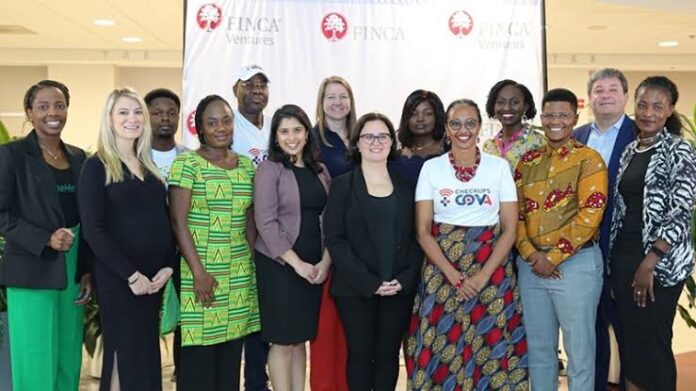African tech startups received a significant boost in funding during July 2024, raising $420 million. This is the highest monthly total so far this year, according to research firm ‘Africa: The Big Deal’.

Total funding for African startups in 2024 has now passed $1 billion. July’s funding was dominated by three big deals, making up 90% of the total. Nigerian startups are struggling to secure major funding compared to previous years. Three major deals were behind July’s impressive numbers:
1. d.light: $176 million
2. MNT-Halan: $157.5 million
3. NALA: $40 million
These deals show that investors are still willing to put large amounts of money into promising African startups.
Overall Funding Trends
July’s $420 million was more than the entire second quarter of 2024. 47 startups raised at least $100,000 in July. Total funding for 2024 so far ($1.2 billion) has already surpassed the 2020 total.
The strong July performance suggests that the African startup ecosystem is recovering from the recent “funding winter”. This could mean more opportunities for new and growing companies to get the money they need to expand.
While the overall African startup scene is improving, Nigerian startups are facing challenges:
No major deals for Nigerian startups in July, except for Intrion Health’s $1.6 million pre-seed round. Nigeria lost its top funding position to Kenya in 2023. In the first half of 2024, Nigerian startups raised $172 million, compared to Kenya’s $244 million.
Funding Distribution in Africa in the first half of 2024:
1. Kenya: $244 million (32% of total funding)
2. Nigeria: $172 million
3. Egypt: $101 million
4. South Africa: $85 million
Despite recent challenges, Nigerian startups have received 29% of all funding raised by African startups over the past five years (2019-2023), totaling $15 billion.
What This Means for the Future
1. Shift in Investor Focus: Investors might be looking more closely at startups in other African countries, not just Nigeria.
2. Opportunity for Growth: The overall increase in funding could lead to more innovation and job creation across Africa.
3. Challenges for Nigerian Startups: Nigerian companies may need to work harder to attract investor attention and funding.
4. Potential for New Hubs: Countries like Kenya and Egypt could become more prominent startup hubs in Africa.
While the big funding numbers are encouraging, they don’t tell the whole story. Most of July’s funding went to just three companies, which might not represent the experience of most African startups. Smaller startups, especially in countries like Nigeria, may still be struggling to find funding.
The startup ecosystem in Africa is changing rapidly. While some countries are seeing big investments, others are facing challenges. This could lead to a more diverse and competitive startup landscape across the continent, potentially driving innovation and economic growth in new areas.
For entrepreneurs and investors, it’s important to look beyond the headlines and understand the nuances of each country’s startup ecosystem. The future of African tech startups may be bright, but it’s likely to be shaped by these shifting trends in funding and regional focus.




